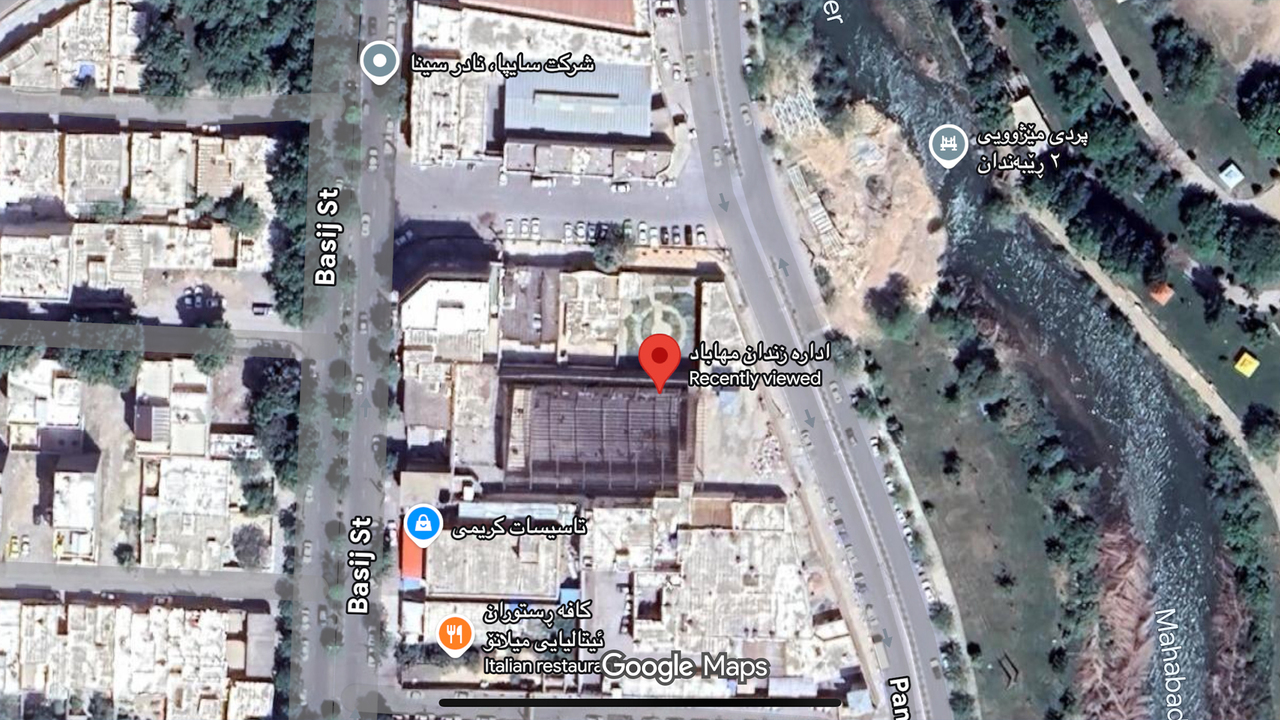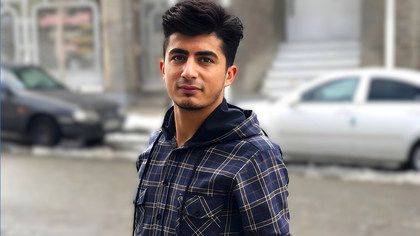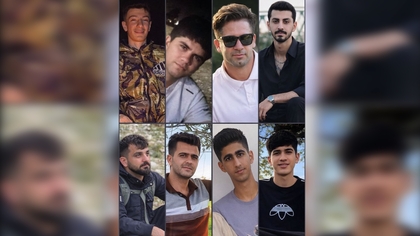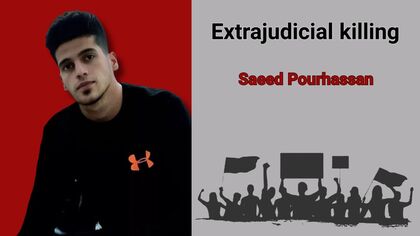Deliberate Clearing of Non-Political Prisoners for Repression: What is Happening Inside Mahabad Prison?

On April 21, 2025, amid an ongoing escalation of military-security control across Kurdistan, Mahabad Prison has undergone significant and deliberate internal restructuring. In a systematic campaign, the majority of non-political prisoners have either been released on furlough or granted release through unusually reduced bail amounts. In addition, certain prison wards have been fully evacuated and access to them has been prohibited. This operational pattern strongly suggests that the Islamic Republic's security apparatus is preparing for potential uprisings and mass arrests in the near future—a warning echoed by previous crackdowns in Kurdistan.
According to sources familiar with the matter, inmates in Mahabad Prison are now clearly divided into two separate categories as part of a broader crisis management strategy and preemptive plan for suppressing dissent.
1. Non-Political Prisoners:
Non-political prisoners have been systematically subjected to leniency or temporary release under the following conditions:
- Pre-trial detainees held on bail have been released following substantial, and in some cases unprecedented, reductions in bail amounts—even where previous bail had been set prohibitively high.
- Convicted inmates have reportedly been granted two-month furloughs, regardless of their final sentencing status.
- Semi-open prisoners, who had been required to check in bi-daily, have been granted full two-week furloughs—a move described as unprecedented.
This trend mirrors the Iranian government’s policy during the "Jin, Jiyan, Azadi" revolutionary uprising, where mass prisoner releases were implemented to make physical space for anticipated mass detentions.
2. Political Prisoners:
In stark contrast, political prisoners have been categorically excluded from these measures:
- No furloughs or bail reductions have been granted.
- They continue to be held under full incarceration.
- Reports indicate a marked increase in psychological pressure, risk of new fabricated charges, and the systematic severance of communication with the outside world.
This clear distinction highlights a pattern of institutional discrimination and targeted securitization against political prisoners in Kurdistan.
3. Evacuation and Strict Control of Specific Wards (Including the Youth Ward):
In addition to releasing non-political inmates, certain wards—such as the youth wing—have been fully evacuated.
- Access to these areas has been banned.
- No official explanation has been provided regarding their new function.
This opaque and controlled restructuring raises serious concerns about the potential use of these wards for covert detention, pressure tactics, or unmonitored transfers of political prisoners.
Overall, the security reconfiguration of Mahabad Prison appears to be part of a broader and historically consistent strategy employed by the Islamic Republic: systematically clearing detention facilities not to promote justice, but to prepare for new waves of repression.
Underlying Objective: Security-Based Prison Management for Anticipated Crisis and Repression
What may appear as “furloughs” or “bail reductions” for non-political prisoners in Mahabad Prison is, in reality, part of a calculated security strategy—one that is all too familiar to the people of Kurdistan. During previous crises, including the revolutionary uprising of Jin, Jiyan, Azadi, the Islamic Republic employed a policy that can be plainly described as “clearing prisons to enable mass detentions”—a policy that is evidently being reactivated.
From the security-dominated perspective of the Iranian judicial apparatus, the primary aim is not to reduce prison overcrowding or to project a humanitarian image. Rather, it is to prepare the facility for a new wave of mass arrests and to maintain control over potential unrest within the prison itself. The reduction in the number of non-political detainees enables more intense surveillance, tighter security control, and a more silent suppression mechanism.
In this context, the sudden evacuation of the youth ward and the imposition of strict access restrictions to this area raise even graver alarms. Past experiences indicate that such closed and unmonitored environments have served as grounds for extrajudicial case fabrication and covert pressure on political detainees—often in the absence of legal transparency and through baseless accusations that circumvent fair trial standards.
This pattern reflects the Islamic Republic’s systemic policy of subordinating justice to a permanent state of securitization. In this framework, the prison ceases to function as a space for rehabilitation or legal enforcement and instead becomes a mechanism for crisis management, political elimination, and preemptive repression in anticipation of future social unrest.
Escalating Military-Security Climate Inside Mahabad Prison Amid Wartime Conditions
Kurdpa had previously reported on the increasingly militarized and securitized environment inside Mahabad Prison:
- June 15, 2025 (Khordad 26, 1404): A heightened state of military-security control has been imposed inside the prison. Guards and supervising officers are reportedly on high alert and operating in three shifts due to fears of prisoner unrest.
- June 16, 2025 (Khordad 27, 1404): As the Iran-Israel conflict entered its fifth day, reports from Mahabad Prison indicated that security forces were in full readiness to suppress any potential prison uprising. Simultaneously, the prison canteen was emptied of essential supplies, and semi-open prisoners were subjected to stricter restrictions. Previously allowed to spend two days at home and one in prison, these inmates are now required to remain mostly within prison premises, reversing the earlier routine.
Kurdpa Human Rights Organization has assessed the deliberate release of non-political prisoners and the total exclusion of political detainees from furlough as part of a broader security strategy by the Islamic Republic to prepare for domestic repression under wartime conditions. The evacuation of entire wards—such as the youth wing—and restricted access to these areas are viewed as warning signs of potential extrajudicial case fabrication targeting political prisoners.
Kurdpa considers these actions a clear violation of human rights and calls for immediate international monitoring of prison conditions in Kurdistan. The organization stresses that the current measures reflect systemic abuse of incarceration as a tool for political suppression, particularly during periods of national crisis or conflict.



